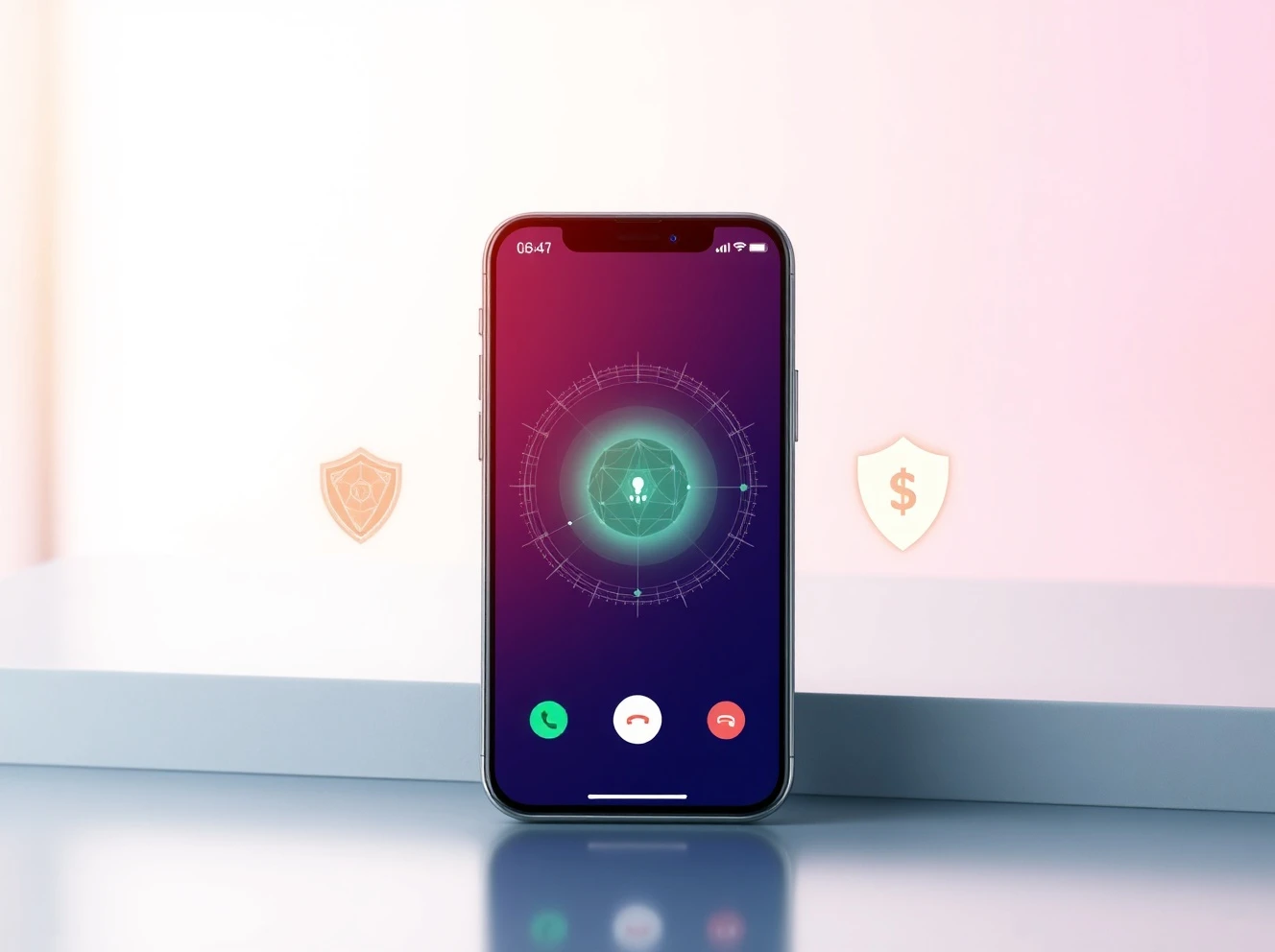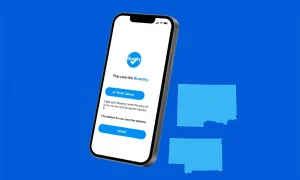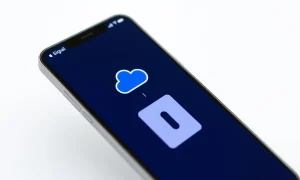The Neon app has skyrocketed to the No. 2 social app position on Apple’s App Store by offering users cash for their phone call recordings. This controversial application pays people to record conversations, then sells the audio data to artificial intelligence companies. Surprisingly, this business model has attracted massive user adoption despite significant privacy concerns.
How Neon’s Phone Call Recording System Works
Neon Mobile operates as a money-making tool that compensates users for audio conversations. The company pays 30¢ per minute when users call other Neon users. Additionally, it offers up to $30 daily maximum for calls to non-users. The app also provides referral bonuses for bringing new participants into the ecosystem.
According to Neon’s terms of service, the mobile application captures users’ inbound and outbound phone calls. However, the company claims it only records your side of conversations unless both parties use Neon. This phone call recording approach aims to navigate legal requirements while collecting valuable voice data.
Rapid App Store Success and Market Position
Neon’s growth trajectory demonstrates remarkable momentum. The app initially ranked No. 476 in Apple’s Social Networking category on September 18. By Wednesday, it jumped to No. 2 among social apps and reached No. 6 among all applications. This rapid ascent indicates strong user interest despite privacy implications.
App intelligence firm Appfigures confirmed Neon’s impressive climb. The application became the No. 7 top overall app earlier on Wednesday morning. This positioning suggests that financial incentives outweigh privacy concerns for many consumers.
Legal and Privacy Implications of Call Recording
Legal experts highlight potential issues with Neon’s phone call recording practices. Jennifer Daniels from Blank Rome’s Privacy Group explains that recording only one side of calls aims to avoid wiretap laws. Many states require consent from both conversation participants for legal recording.
Cybersecurity attorney Peter Jackson notes concerns about data anonymization. Neon claims it removes names, emails, and phone numbers before selling to AI companies. However, voice data could still enable fraud through voice impersonation. Once your voice recording exists in AI systems, it becomes vulnerable to misuse.
AI Company Data Partnerships and Risks
Neon’s terms grant the company extensive rights over user recordings. The license includes worldwide, irrevocable rights to sell and distribute audio data. This broad permission allows Neon to use recordings for AI training and development purposes indefinitely.
The company doesn’t disclose its AI partners or their data usage policies. This lack of transparency creates significant privacy risks. Data breaches could expose sensitive voice recordings to malicious actors. Furthermore, AI companies might use voice data to create synthetic voices or enable fraud.
User Testing and Practical Concerns
Independent testing revealed that Neon provides no clear indication during phone call recording. The app functions like standard VoIP applications without warning participants. Caller ID displays normally, offering no special notifications about recording activities.
Security researchers haven’t fully verified Neon’s technical claims. The company operates from a New York apartment according to business filings. Founder Alex Kiam reportedly raised funding from Upfront Ventures, though the investor hasn’t confirmed this information.
Broader Implications for Digital Privacy
The success of phone call recording apps like Neon reflects changing attitudes toward privacy. Previously, companies faced scandals for covert data collection. Now, transparent data monetization gains acceptance despite potential risks.
AI integration into daily life continues expanding. Many productivity tools now incorporate AI features that compromise privacy. However, Neon’s approach raises unique concerns because it involves third parties who haven’t consented to recording.
Frequently Asked Questions
How much does Neon pay for phone call recording?
Neon pays 30¢ per minute for calls between Neon users and up to $30 daily maximum for other calls. The app also offers referral bonuses.
Is phone call recording through Neon legal?
Recording only one side of calls may avoid wiretap laws in some states, but legal experts express concerns about the approach’s completeness and transparency.
What happens to my recorded phone calls?
Neon sells audio data to AI companies for training machine learning models. The company claims it anonymizes data but retains broad usage rights.
Do call recipients know they’re being recorded?
Testing shows Neon provides no indication to call recipients about recording. Only Neon users receive information about the practice through terms of service.
Can voice data be used for fraud?
Yes, cybersecurity experts warn that voice recordings could enable impersonation fraud. Once AI companies have voice data, they could create synthetic versions.
Why is Neon so popular despite privacy risks?
The app’s financial incentives appeal to users prioritizing immediate earnings over long-term privacy concerns. Its rapid App Store growth suggests this trade-off resonates with many consumers.








